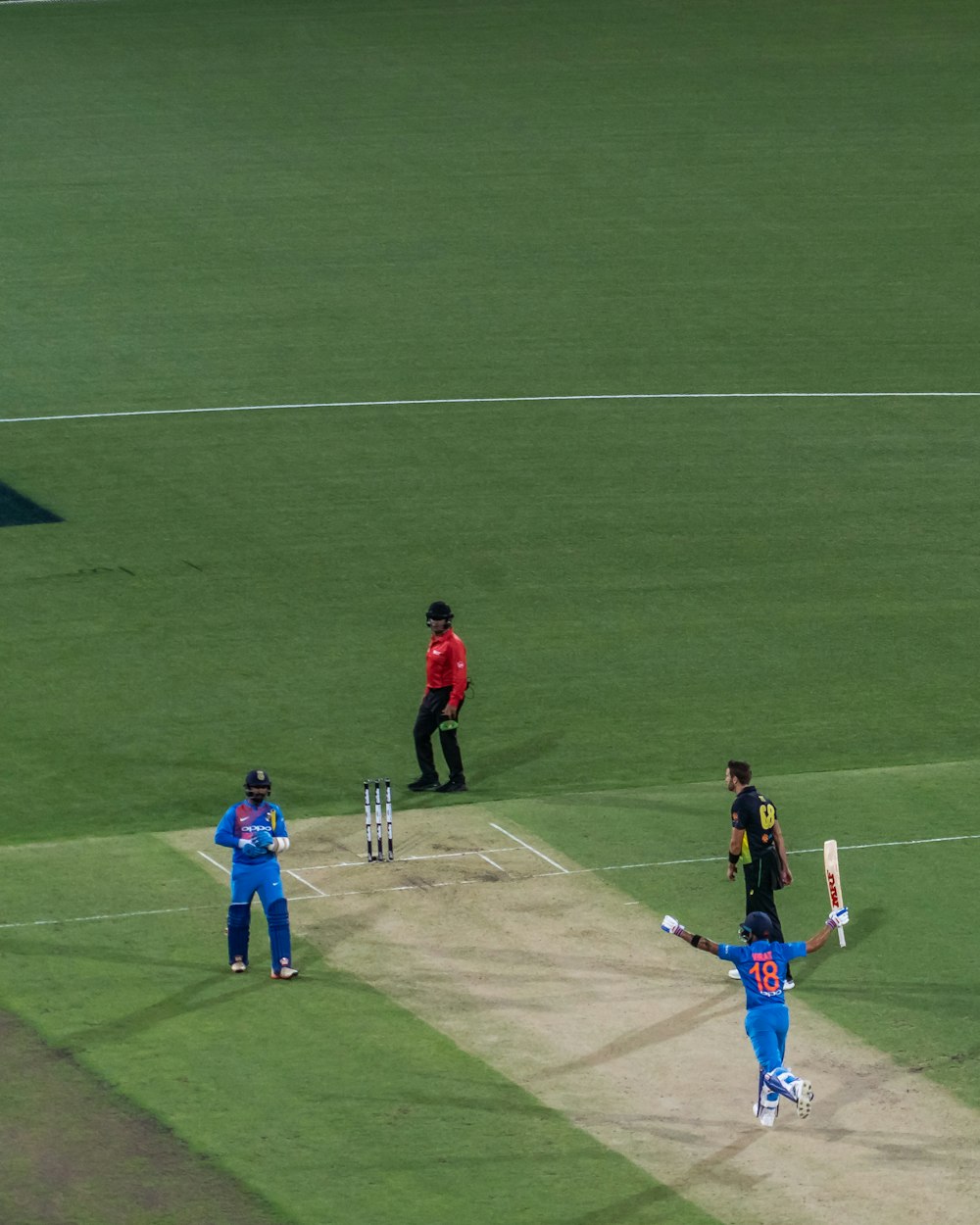In my previous article, I spoke about my personal experiences with sporting pressure. Ultimately, I decided that a build-up of pressure led me to fall out of love with cricket and eventually stop my pursuit of a career within the game. In this article, the final instalment of my ‘series’ regarding sporting pressure, I shall talk a bit about my experiences after quitting my elite pathway.
As I’ve already highlighted, I developed a desire to quit my elite pathway about a year before I actually did quit. Some of you might find it strange that it took me so long to act upon my desire, but there is a simple reason for me failing to do so – I was afraid. I didn’t want to disappoint anyone, nor did I want to give up on something that I’d chased for so long, so I thought it was worth waiting for a while. Clearly, this decision didn’t work out. If anything, it made the pressure worse, because it meant that I was always thinking about the possibility of quitting, which ruined my mindset. Nonetheless, I do not entirely regret my decision to delay, because it allowed me to spend time with my friends and have a few laughs along the way.

Mudassir Ali, Unsplash
When I did eventually quit, I really felt as if a huge weight had been lifted off my shoulders. Though I couldn’t escape the memories of begrudgingly dragging myself through a year of training and matches, I felt that I could exercise a greater level of freedom with regards to my cricket. I also finally felt that I could take the break, a thing that I so desperately needed, and that is exactly what I did (albeit not immediately).
This break allowed me to reflect on the pressures that I had experienced. I decided that I did not want to experience these types of pressures again, at least not when playing cricket, and that I simply wanted to rekindle my passion for the game. In order to do this, I severely reduced the amount of cricket that I played. In doing so, I was able to rediscover my lost excitement for the game, because it was not the only thing that I focused on. Instead of being a chore, cricket once again became a hobby, which is why I was able to enjoy it.
I think it’s important, however, to acknowledge the fact that some pressure remained. I still feel the pressure of expectation, for example, even though I am simply playing for fun. Importantly, though, this pressure is no longer a threat to my love for the game, because I do not feel pressured to play. If this suggests anything it is that enjoyment is essential within sport. If you are enjoying yourself, you will be in a better position to tackle any pressure. Conversely, if you are forcing yourself to play a sport, you are more prone to crumbling under the pressure.
This is why, in future, I am keen to do whatever I can to enjoy the game of cricket. One thing that I’m currently working on is ensuring that my practices are as light-hearted as possible. It is easy to get too intense in a practice session, and to become overly-critical, so I am trying my best to just practice for fun. So far, this has made me feel more relaxed, both in training and matches, which is a positive sign.

Chirayu Trivedi, Unsplash
To draw things to a close, I’d like to speak generally. Throughout these articles, I have tried to emphasise the fact that sport does cause pressure, some of which can have a severe impact on an individual’s passion for sport. Of course, I think sport can do great things for a person’s health (both physical and mental), but sometimes we fail to remember that people can also suffer at the hands of sport. With this in mind, and for those who may be suffering, I think it is vital that we remember why we engage in sporting activities. We do so to stay fit, to make friends, and, most importantly, to have fun. If we can keep these things in mind, and ensure that our wellbeing is the top priority, we will be able to handle sporting pressures.